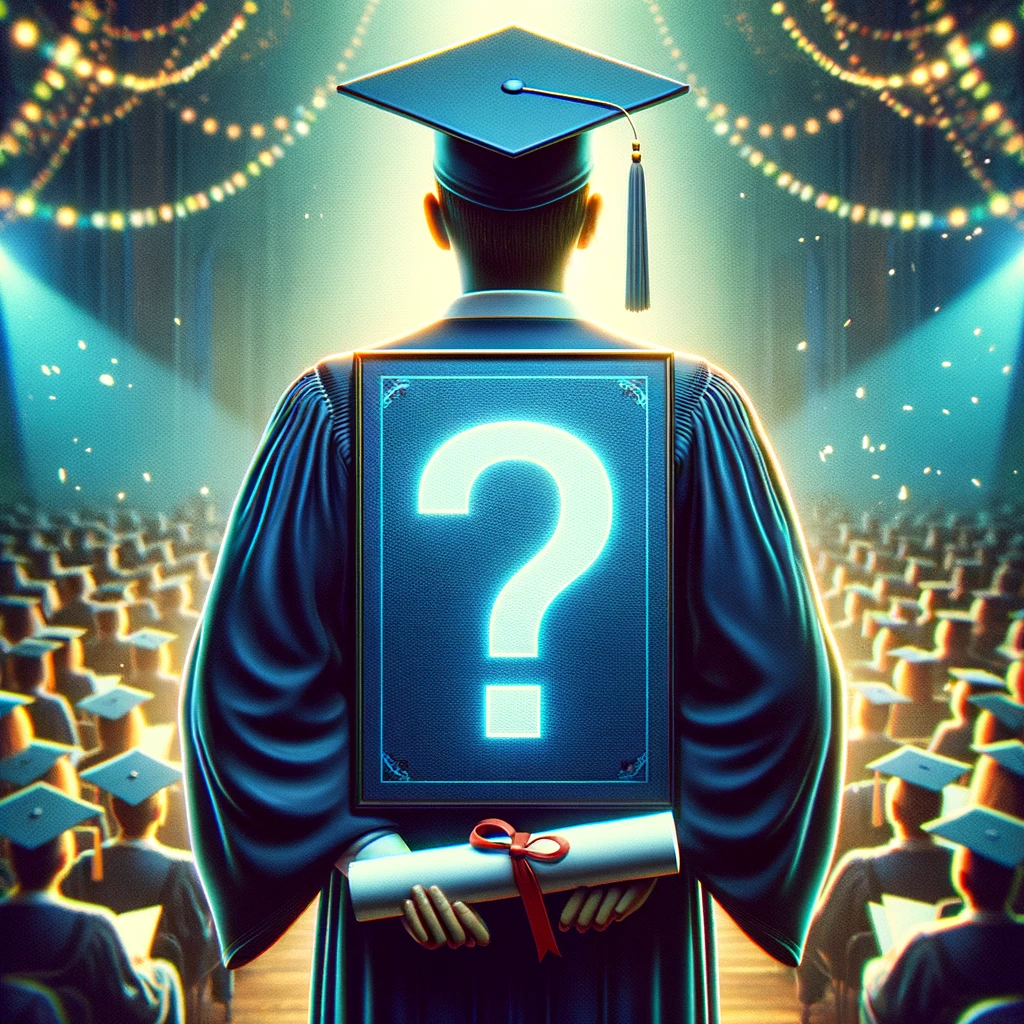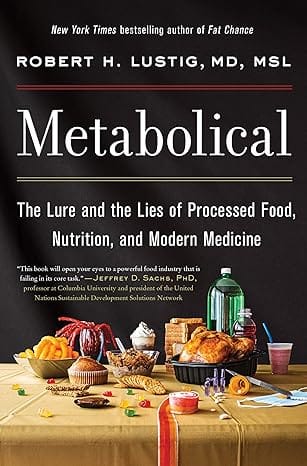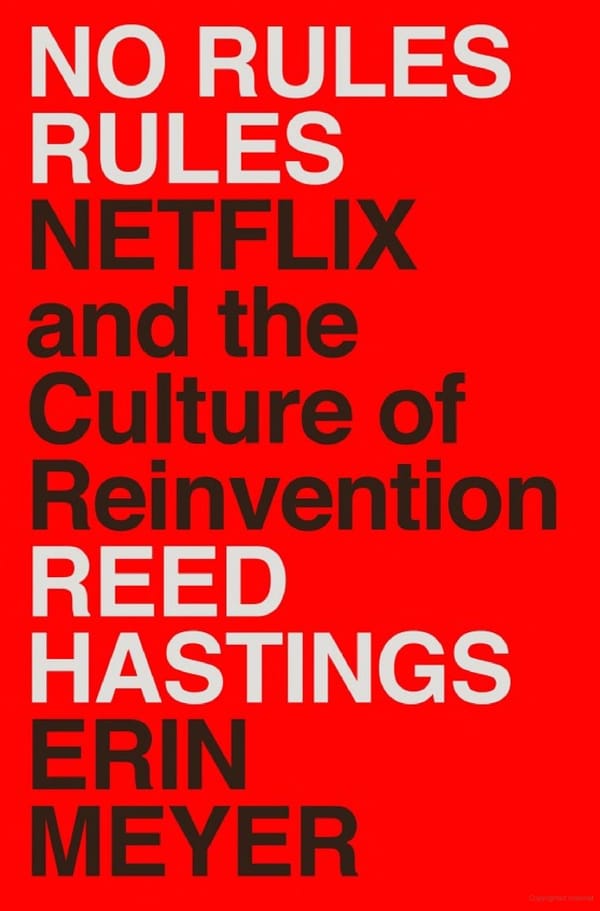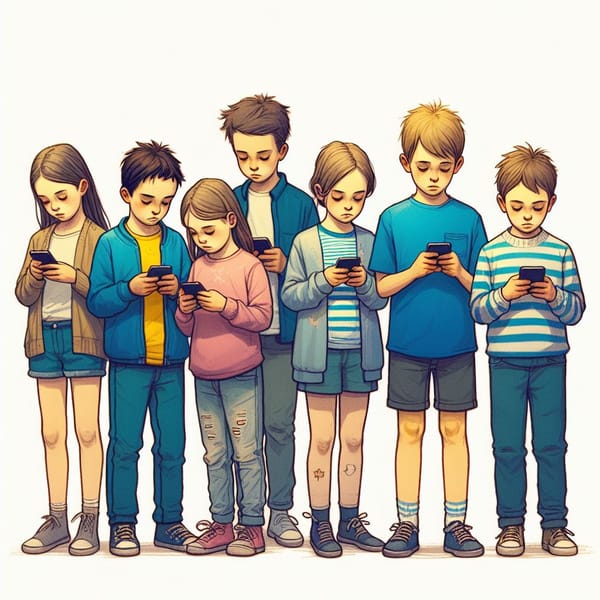Education in the 21st Century
The world is changing rapidly. You need to decide what is worth learning. What worked in the past may not work now.

It has never been harder to predict what the labor market will look like in 15 years. Doing well in school is not the guarantee of success it once was.
Once you know how to learn something well, you still need to figure out what you should learn. We’re undergoing a rapid change in the way society is structured and our educational system is not ready. Already, it seems like coding bootcamps do not offer the returns they did just a few years ago. It will be your responsibility to prepare.
Value accrues to scarcity in any system. This is true of education and the value of human capital. I don’t think you can just do well in school and be guaranteed success 15 years later. Many of today’s prestigious jobs are in fields where you were trained to answer questions well: what is ailing the patient? What is the legal structure we need to incorporate this entity? What modules do you need to implement this function using this API?
These questions are getting easier to answer, with profound implications on the future of work. Google was the first phase change. The current phase change is ChatGPT. You can think of ChatGPT as simply compressing the internet. People are predicting outcomes like societal collapse, the singularity and AGI. On top of which, Bill Gates has famously said:
People often overestimate what will happen in the next two years and underestimate what will happen in ten.
If school trains you to answer questions, and answering questions is becoming less scarce or valuable, then what will be valuable? My hypothesis: asking the right questions. This will require a dramatic shift in the way we teach, the way we evaluate, and the way we approach learning.
Reforming Education
For starters, every test in school should become ‘open book’ and eventually ‘open tool.’ You can use ChatGPT if you want. The same is true of interviews. Today I can envision it meaning using some kind of smart assistant on your phone. In the future, it’s not clear what this would look like. Already we see that AI is helping the lower-skilled workers catch up to the median. Your test should assume that this is true and rethink what it is you’d truly test in this case. You will likely reform away from what Paul Graham calls bad tests.
One interesting aid to creating tests would be something like a WrongGPT. Suppose you had a history class and the main purpose of the final test is to learn how to think about competing narratives? What, if true, would make CorrectGPT provide a better answer than WrongGPT. The skill we’d build here is one of discernment–how can you tell amongst the competing ideas which is the best? How do you make good decisions in the information landscape?
Today I think AI tutors will play a large role in the future of education. This is still thinking in terms of a point solution. What does a system solution look like? It’s impossible to say with any confidence, but it may look as different as advertising does in the 21st century. You could imagine the entire education, or at least entire courses, being rethought as a virtual game where students work together to solve something. What if learning became as addictive as gaming, social media, and other entertainment? Maybe this is what Zuck is going for with the metaverse. We’re still a long way* away though (*--at least until GPT-5):
On a more serious note, this is why the future of education and work is so hard to predict. Optimistically, it’s one of the most exciting times to contribute. I think that will still be true in 15 years.
A Successful Education
With school evolving, we need to take a step back and think about what is the hallmark of a successful education. With the trend of increased school choice and extracurricular learning resources, this will be something parents will need to confront.
This is a philosophical exercise where no list is going to be universal. As of today, here’s what I would look for:
- Curiosity – are you still deeply curious about the world?
- Tolerance for ambiguity – there isn’t always a right answer. Can you still operate well?
- Agency – do you control your destiny? Can you grow and acquire skills?
- Discernment – can you navigate complexity? Especially with many actors in today’s information ecosystem trying to mislead?
- Principled thinking – a way to unify discernment, tolerance, agency, and curiosity is to think deeply about the principles at work in any given situation
- Creativity – can you find ways to discover the novel and bring it into being?
One of the biggest challenges I’ve seen in today’s working world is the students, especially those with near-perfect grades, is the inability to handle ambiguity. Years of the human version of RLHF have taught them there is a right answer, and they will get it.
Discernment and principled thinking will allow you to navigate an increasingly fast-moving and complex world. You will likely have several careers, unlike your parents. When do you shift? How? You will need the agency to make that change yourself, or else you’ll be at the whim or mercy of others.
If you lack curiosity, you will not put the appropriate energy into lifelong learning.
Lifelong Learning
If we’re to become lifelong learners, what are some principles to keep in mind?
- Learn well. Whatever you aim for, do it deliberately and with quality.
- Stay upwind, so that you can preserve optionality. Optionality will get a full-length post in the future, but for now think about it as being in a position where you can choose rather than being forced to take a specific path. Staying upwind means investing in some of what you predict to be more stable within your domain, interests, and skills.
- Stay exposed to the big ideas. As Charlie Munger put it: “you should know all the big ideas.” There are more of them now, but it’s also much easier to learn them.
- Ask yourself the big question: how is the world changing? Answer it honestly. Look for information that contradicts your view (from sources whose integrity you trust).
AI will transform the way we live. Let’s make the most of it.



